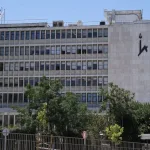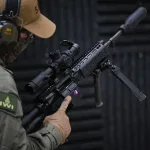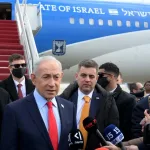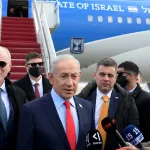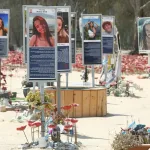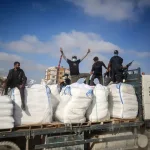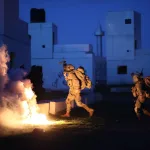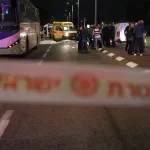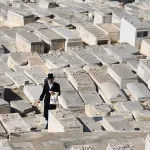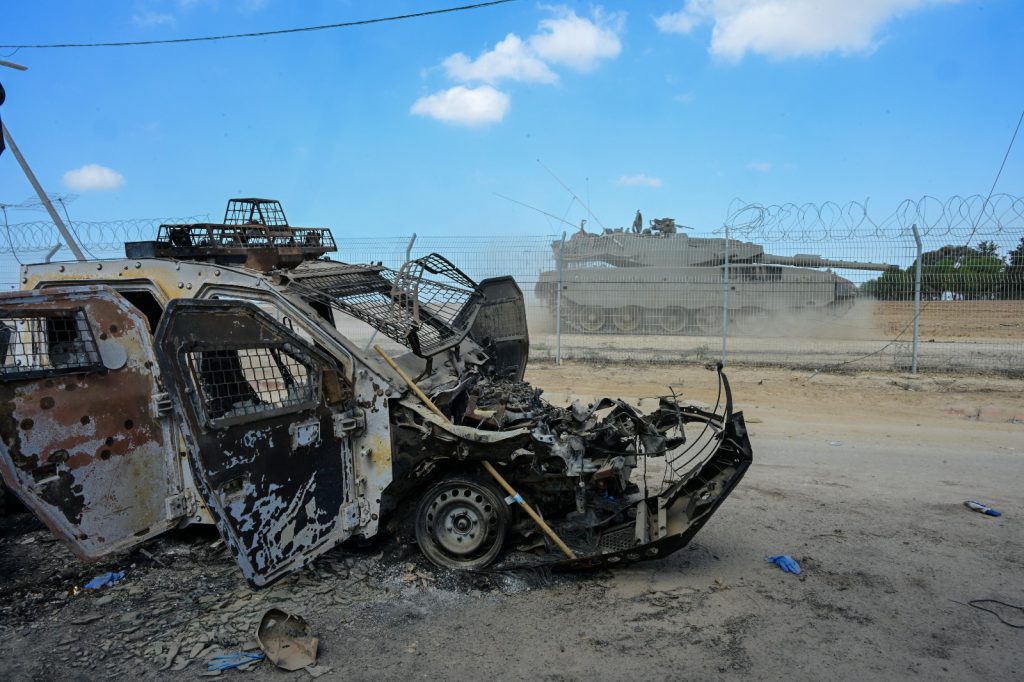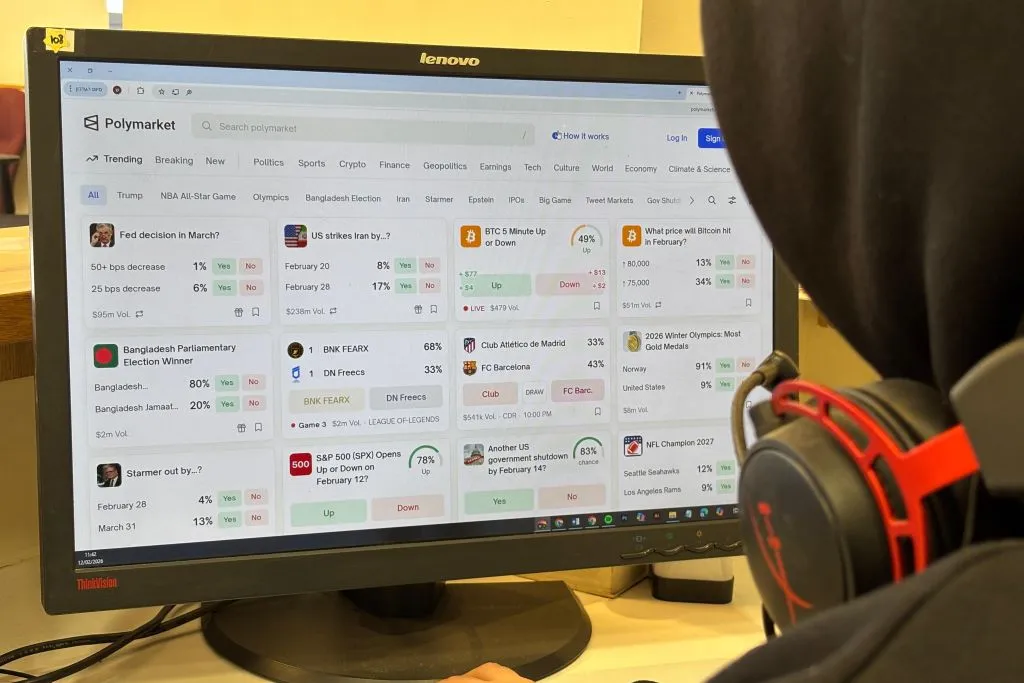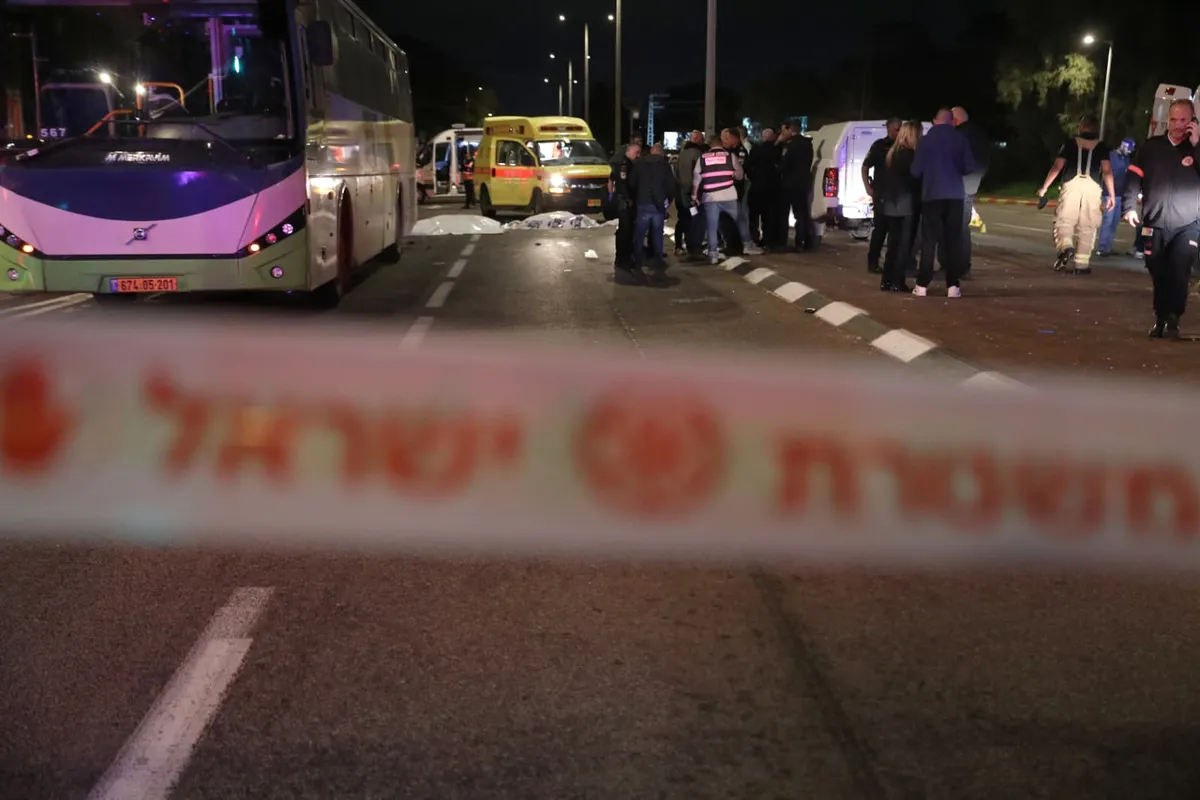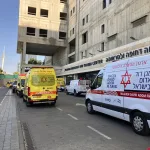Jerusalem, 15 July, 2025 (TPS-IL) — The Israel Defense Forces released its investigation findings on Tuesday into Hamas’ October 7 attack on the army’s Mopdarom base, noting that terrorists maintained operational control of the site for several hours, while crediting the bravery of soldiers who prevented a greater massacre. Mopdarom is one of the IDF’s key forward positions along the Gaza border.
The assault began at 6:29 a.m. as Hamas launched its coordinated rocket barrage across southern Israel. Within minutes, surveillance units reported infiltrations by more than 100 armed terrorists across ten locations near the base, located 3.5 kilometers from the Gaza border. By 6:47 a.m., approximately 35 Hamas gunmen had breached the perimeter through gaps in the main and armored vehicle gates, encountering roughly 34 armed soldiers from Company “Gimel” of the Golani Brigade’s 51st Battalion who had taken shelter in the dining hall after hearing rocket sirens.
The investigation revealed critical failures in the initial response. Soldiers stationed at guard posts abandoned their positions and moved to protected areas once sirens sounded, contrary to protocol, unaware that a ground infiltration was underway. No effective defensive plan had been implemented despite the base’s strategic importance, and there was a breakdown in communication between foot soldiers and the command room, resulting in no early warning or real-time situational assessment during the initial attack stages.
At 7:00 a.m., terrorists opened fire on the dining hall using small arms, grenades, machine guns, and shoulder-launched rockets. However, two commanders, Capt. Shilo Rauchberger and a platoon head, made a split-second decision to establish defensive positions at the entrances, preventing the attackers from storming the hall. The investigation credited their orders with saving dozens of lives as “the fighting spirit and bravery of the soldiers at the Mopdarom base disrupted the enemy’s assault and significantly reduced the number of casualties within the base.”
The battle claimed four Israeli lives over three grueling hours. Sgt. Amichay Rubin was mortally wounded around 7:30 a.m. while physically blocking terrorists from entering the dining hall. Staff Sgt. Shlomo Reshetnikov, an IDF volunteer who had immigrated to Israel, was killed by gunfire at the dining hall’s front entrance. Staff Sgt. Dvir Chaim Rossler died at 8:15 a.m. from an explosive while holding the door of a southern shelter closed with his body, preventing terrorist entry and saving two other soldiers. Capt. Rauchberger continued fighting despite severe injuries before eventually succumbing to his wounds.
The tide began to turn at 9:00 a.m. when five soldiers in a patrol vehicle arrived and began evacuating trapped personnel. A crucial moment came when an officer-in-training from the IDF Tactical Command College arrived on his own initiative and took command of forces inside the base, organizing security perimeters and coordinating wounded evacuation. Between 10:30 a.m. and 2:00 p.m., sporadic gunfire continued as retreating terrorists set ambushes near access roads, targeting incoming medical helicopters from Unit 669.
The final phase saw coordinated efforts to eliminate remaining threats. At 2:03 p.m., the officer cadet’s team flanked and killed three terrorists at close range while troops positioned near the armored vehicle parking lot eliminated four more. By 2:15 p.m., helicopter crews halted aerial strikes after confirming friendly force locations, allowing ground commanders to reenter and stabilize the situation.
Despite the initial failures, the investigation praised the conduct of many defenders. The report emphasized that “the heroic decisions and actions of both soldiers and commanders — despite their injuries, carried out with courage and a will to engage — contributed to saving many lives.” The officer cadet who independently took command was specifically commended, as his efforts “enabled the continued functioning of the forces at the base,” while Air Force and Unit 669 personnel were lauded for operating under extreme conditions to evacuate wounded under fire.
Tuesday’s report is the latest in a series of detailed army probes — summaries of which have been released — of how some 5,000 terrorists from Hamas and Palestinian Islamic Jihad managed to attack numerous Israeli communities and overrun the army’s border positions. The army’s chain of command broke amid the chaos and soldiers were outnumbered.
The investigations found that the army misunderstood Hamas’s intentions for years, and as October 7 approached, intelligence about the looming attack was misinterpreted. The military was also more focused on threats from Iran and its proxy, Hezbollah in Lebanon.
The IDF probes only deal with issues of operations, intelligence and command, not decisions made by the political echelon.
Prime Minister Benjamin Netanyahu has resisted calls for a state commission of inquiry, saying he opposes a “politically biased” probe. Critics accuse Netanyahu of delaying the inquiry and trying to water down its mandate.
At least 1,180 people were killed, and 252 Israelis and foreigners were taken hostage in Hamas’s attacks on Israeli communities near the Gaza border on October 7. Of the 50 remaining hostages, around 30 are believed to be dead.





